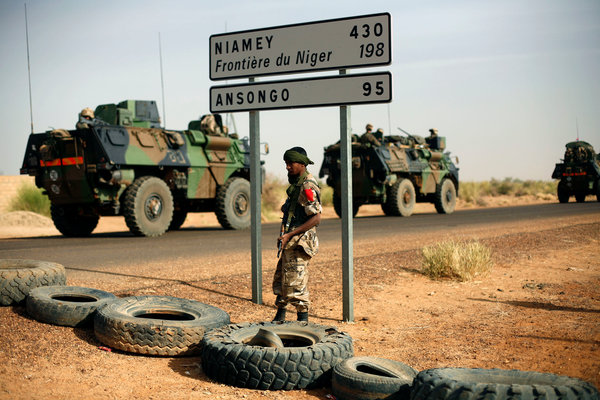FOR MOST of the 36-hour bus trip from Abidjan to Bamako, my legs were tangled up in a mess of plantains that the woman across the aisle had purchased en route.
First, she bought plantains in Dabou. Then again in Toumodi. By the time she made her final purchase in Yamoussoukro, whole branches of unripened plantains protruded from the stairwell and monopolized most of the floor space in the rear of the bus.
